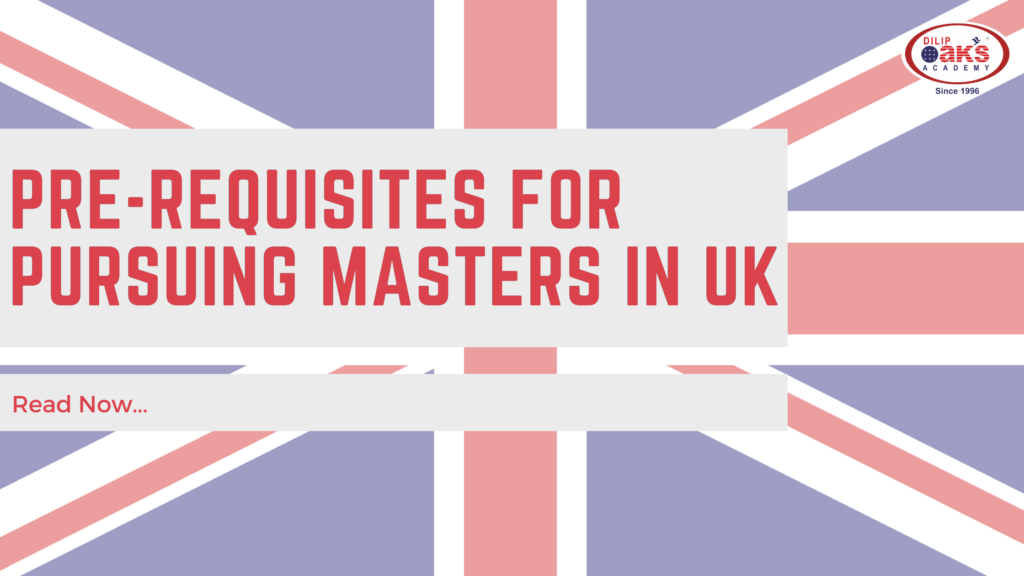
Types of Master’s degrees:
Postgraduate Taught Degree (M.Sc.): This one-year degree program requires students to attend regular classes, write exams and complete a project at the end of the course.
Postgraduate Research: Students work on a research project and at the end of the program submit a Dissertation.
Minimum required qualification
Most universities in the UK accept a three-year Bachelor’s degree (12+3) but there are a few universities that require a four-year Bachelor’s degree (12+4) for admission to a Master’s program. Therefore, students who have completed their Bachelor of Science (B. Sc.), Bachelor’s in Computer Science (BCS), Bachelor’s in Computer Application (BCA) and other similar three-year degrees are also eligible to apply for a Master’s degree.
Educational Grade
The most important requirement for admission to a Master’s program in the UK is the academic grade obtained in the Bachelor’s degree. A minimum grade of 2:1 at the bachelor’s level or in some cases a grade of 2:2 is also accepted with relevant work experience. You can convert your marks into the grading system followed by universities in the UK by referring to the table below:
| First-Class Honours (1) | marks of 70% or above |
| Upper Second-Class (2:1) | marks between 60-69% |
| Lower Second-Class (2:2) | marks between 50-59% |
| Third-Class Honours (3) | marks between 40-49% |
English Language Proficiency Test
Universities require evidence that you are proficient in the English language. This can be proved by taking the IELTS or the TOEFL (accepted by a few universities). The minimum score required on the IELTS is 6.5 out of 9, with a minimum score of 6.0 in each section and the minimum score on the TOEFL is 80 out of 120.
Graduate Record Exam (GRE)
The GRE score is required by only a few top universities and programs. Therefore, if you wish to apply to some of the top ranked universities, then it is recommended that you take the GRE.
Relevant work experience (recommended)
Work experience is not mandatory for all programs but is considered especially if the student has a weak academic background (low GPA). In case of programs that accept students from different academic disciplines, relevant work experience is a mandatory requirement. Minimum duration should be at least one year.
For more details and inquiries about pursuing higher education in the UK, reach us at 020-67444222 between 2:30 pm to 6:00 pm (Monday to Friday) and enroll for admission counselling for UK right away!

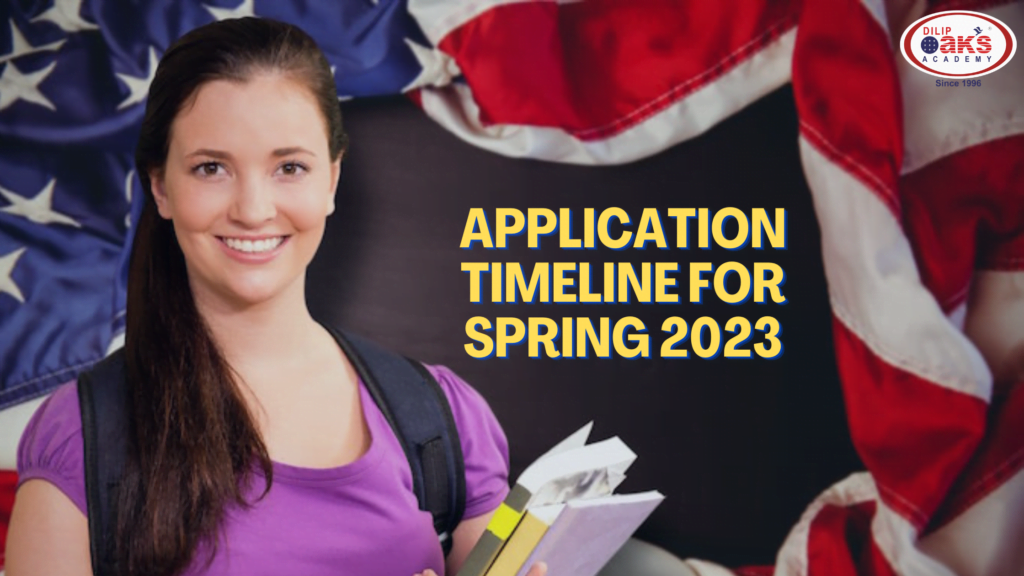


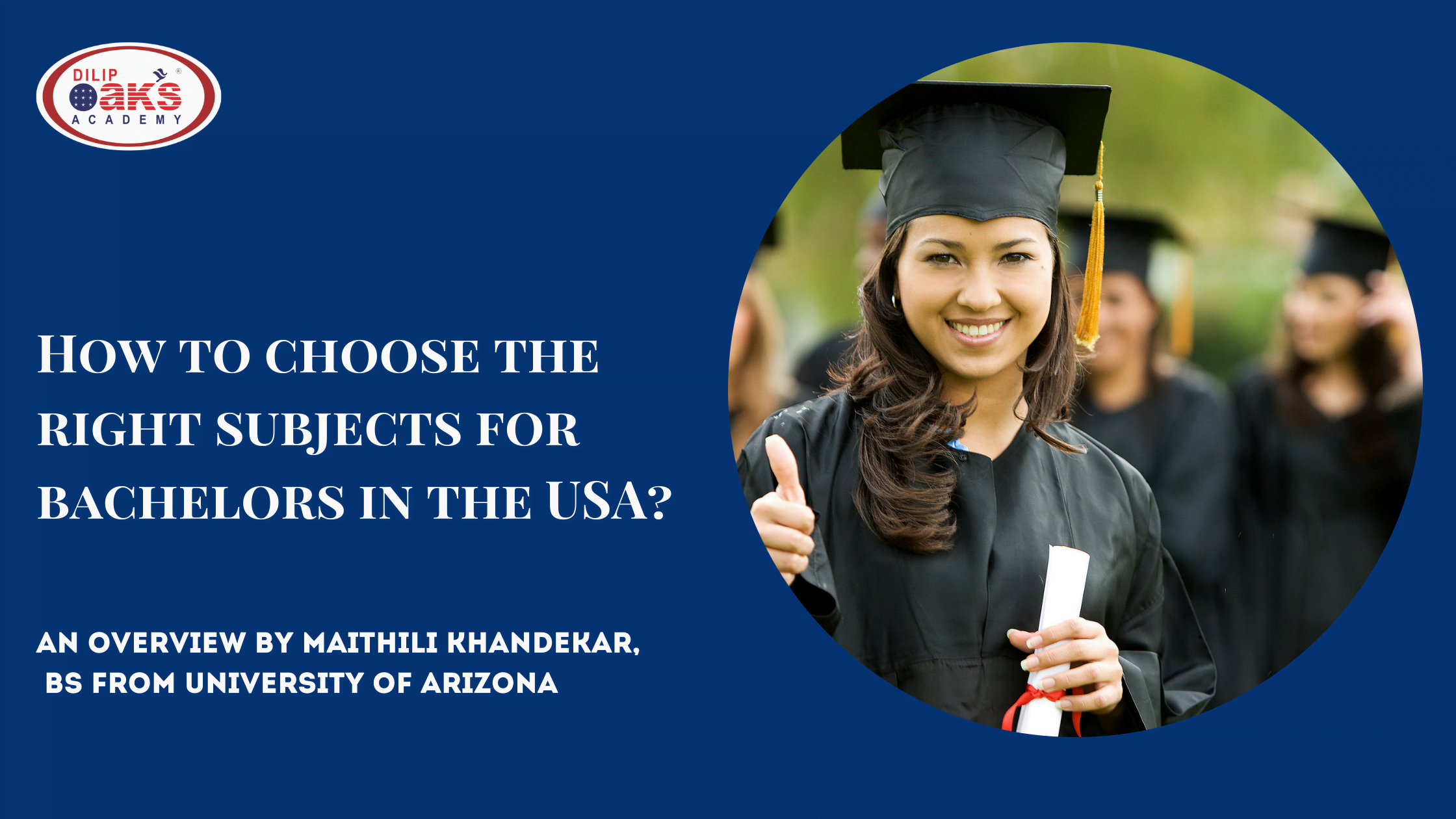
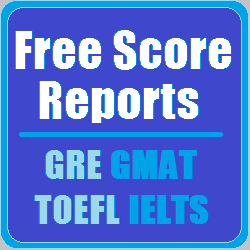


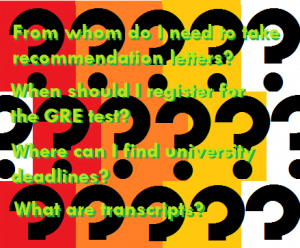
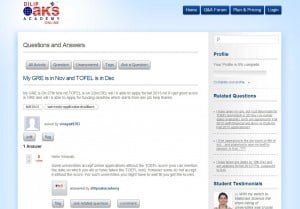 ask any questions you have regarding the application process for American universities
ask any questions you have regarding the application process for American universities
